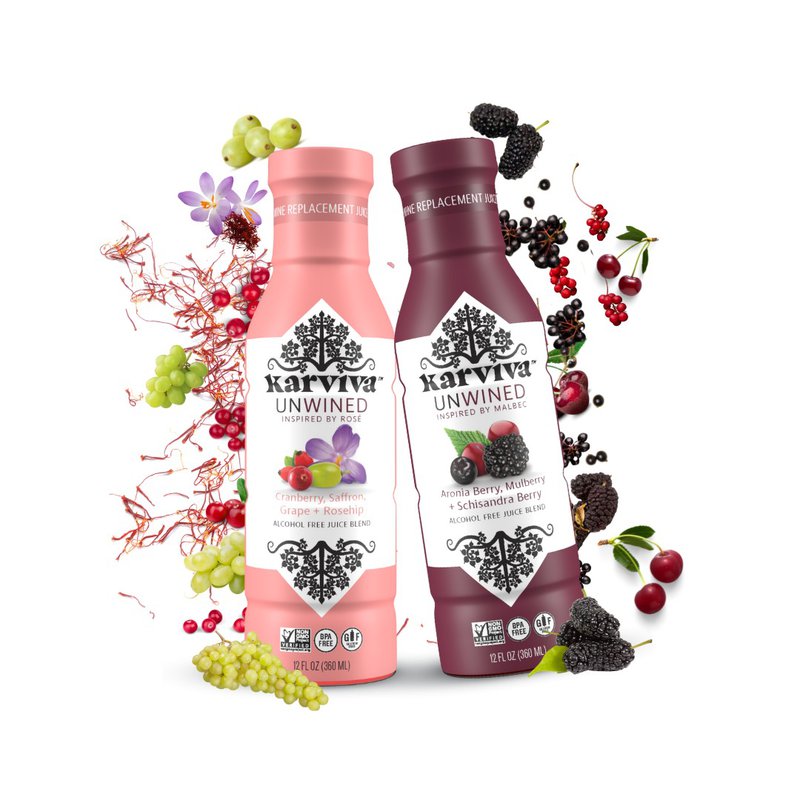Muscle pain and soreness can significantly impact your quality of life. Traditional Chinese Medicine (TCM) offers a holistic approach to managing these issues, focusing on dietary principles to restore balance and alleviate pain. By understanding and applying TCM dietary guidelines, you can support your body’s natural healing processes and incorporate these practices into your daily life.
Understanding TCM Dietary Principles
Spleen Qi and Digestive Health In TCM, the spleen meridian is crucial for digestion and nutrient absorption. A strong spleen meridian ensures that nutrients from food are effectively transformed into energy, promoting muscle strength and reducing fatigue. Weak spleen Qi, on the other hand, can lead to poor digestion, bloating, muscle weakness, and weight gain.
Kidney Qi and Hormonal Health The kidneys in TCM are responsible for regulating hormones and maintaining bone and muscle health. Kidney Qi deficiency can result in lower back pain, knee weakness, and symptoms of premature aging such as hair loss and hearing problems.
Incorporating TCM Dietary Principles
Foods to Strengthen Spleen Qi
- Well-cooked whole grains: Easy to digest and support spleen function.
- Red Dates: Nourish the blood and enhance energy levels.
- Lean Chicken: Provides high-quality protein without straining the digestive system.
- Chinese Yam: Strengthens the spleen Qi and improves digestion.
Foods to Strengthen Kidney Qi
- Black Soybeans and Black Sesame Seeds: TCM believes food with a black color supports kidney health. Modern nutrition science found that the pigments giving these foods their black color are a group of potent antioxidants, and legumes and seeds are rich in minerals and essential fatty acids that are important for the hormone system.
- Walnuts: Promote kidney function and bone health.
- Warming Casseroles: Incorporate root vegetables and lean meats for sustained energy.
Practical Tips for Applying TCM Dietary Principles to Aid Your Muscle Pain
- Balanced Meals: Eat regular, balanced meals with spleen and kidney-meridian supportive foods. Avoid skipping meals or eating at irregular times, as this can weaken spleen Qi.
- Avoid cold and raw foods, as they dampen the spleen’s function. Choose warm, cooked foods to aid digestion.
- Hydration: Choose “life water”, which is water-rich fruit, low-sugar fruit juices instead of cold water, which can disrupt digestive processes.
- Herbal Teas: Incorporate TCM herbal teas, such as ginseng or ginger tea, to boost Qi and improve circulation.
At Karviva, we believe in the power of natural whole-plant ingredients and ancient wisdom to promote wellness. Our beverages are crafted to align with TCM principles, supporting both spleen and kidney health. For example:

- Karviva Unwined: A wine replacement juice blend formulated to promote brain, liver, and heart health, aligning with the TCM focus on balanced, nourishing ingredients that rejuvenate while detoxifying the body.
- Karviva Sprouts Juices: The unique Karviva sprout juices combine super greens and sprouts to support gentle cleansing and digestive health, reflecting the TCM emphasis on spleen Qi.
By incorporating Karviva beverages into your diet, you can enjoy delicious, health-promoting drinks that support your body’s natural functions.
Conclusion
Embracing TCM dietary principles can help manage and relieve muscle pain by addressing its root causes. By strengthening your spleen and kidney Qi through balanced nutrition and mindful eating habits, you can enhance your overall well-being. Integrate these principles into your daily life with the help of Karviva’s wellness beverages and experience the combined benefits of ancient wisdom and modern nutrition.




